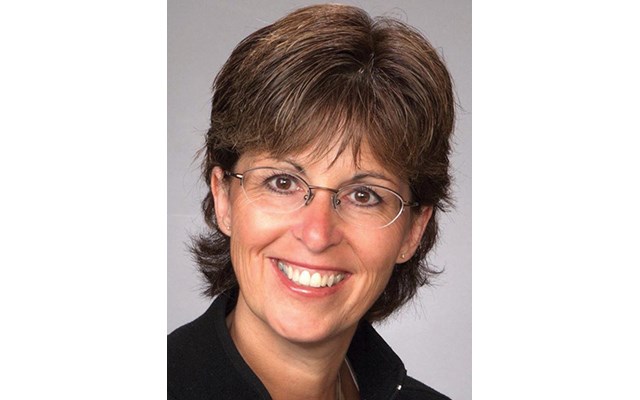“This is about as serious as it gets.”
Richmond School Board chair Donna Sargent didn’t mince her words, either to the Richmond News or in an alarming open letter to B.C.’s Education Minister, Peter Fassbender.
Sargent was categoric in lambasting an education ministry assertion that Richmond School District should be prepared to sacrifice an apparent $26 million “surplus” and the $41 million Steveston secondary sale proceeds to pay for 50 per cent of major capital projects.
The ministry has told school districts, including Richmond, that they must now use any surpluses they have to cost-share with the provincial government for significant projects, such as seismic upgrades.
A letter from the ministry to the Richmond district identified a supposed $26 million “surplus” that it needs to consider using when the time comes for the likes of seismic upgrades — needed in 23 local schools.
However, in her pointed letter to Fassbender, where she accused the ministry of “abdicating its responsibility,” Sargent detailed, in painstaking fashion, how that $26 million should not be regarded as a surplus and how the money is already committed for essential services. “If the ministry demands something by law, then we have to follow that,” Sargent told the News.
“But the services that the $26 million is set aside for are significant and it would be severe if they were affected. In no way should that $26 million be regarded as a surplus.”
Sargent agreed that the district is being punished for being prudent over the years with its budget, making sure it has enough funds for essential services and programs — programs that the ministry now wants the district to tap into to help pay for major projects, such as seismic upgrades.
“We have 23 schools in need of seismic upgrades in Richmond, we can’t be held responsible for that,” added Sargent.
“We desperately need a school in the city centre, so for the ministry to turn around and say ‘you need to use that money for something else?’ It’s abdicating its responsibility.”
Sargent said the Richmond district has been “good partners” with the ministry over the years, bringing, for example, $41 million to the table from the sale of the former Steveston secondary site.
So when the district received a few weeks ago the demand from the ministry for districts to use “surplus” cash for capital projects, Sargent felt compelled to appeal directly to Fassbenber.
“This is a huge policy change without any of us being consulted and we’re all very concerned,” said Sargent.
Although the district is willing to offer up the $41 million from the Steveston secondary sale, Sargent said the district doesn’t have large swathes of valuable land to sell every time a major capital project needs funded.
Sargent has now demanded a meeting with the provincial government’s treasury board, which, according to the education ministry, is where the policy change originated.



